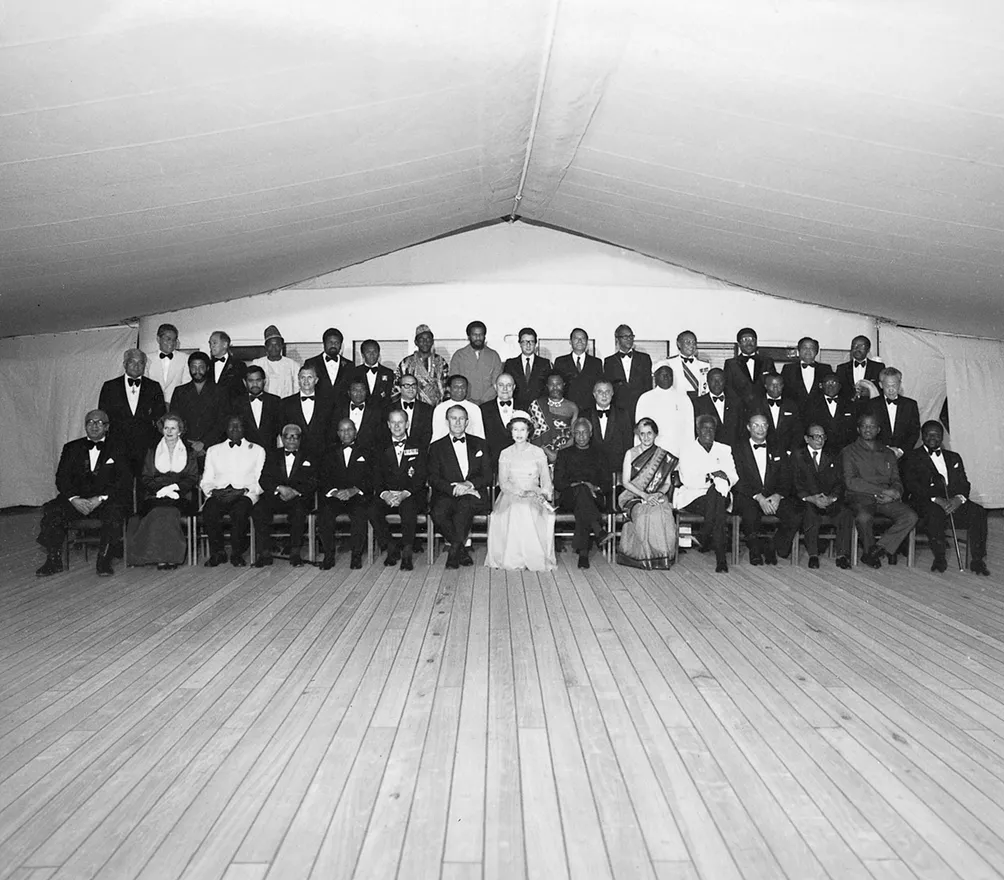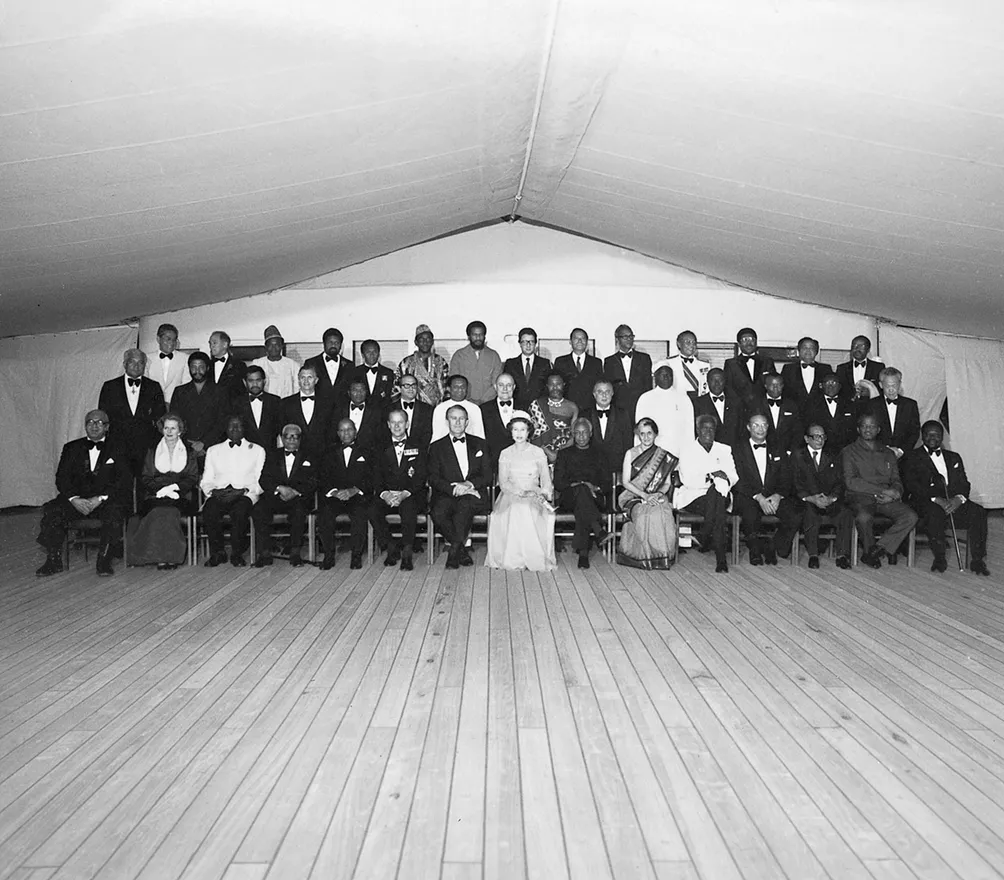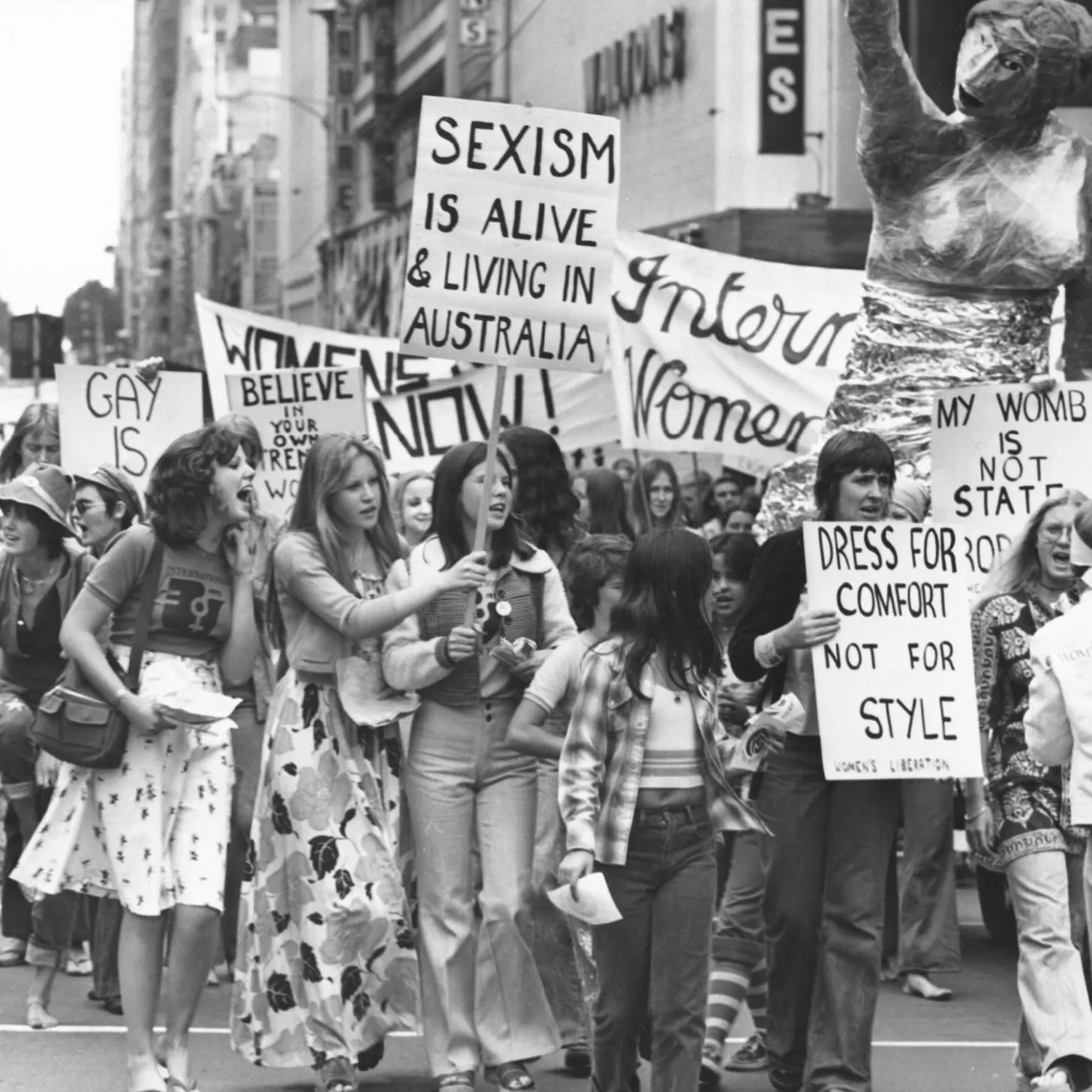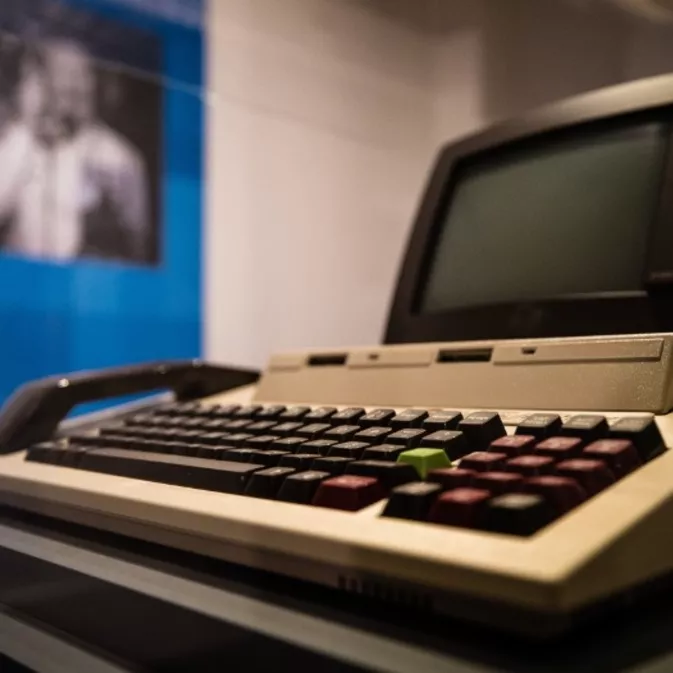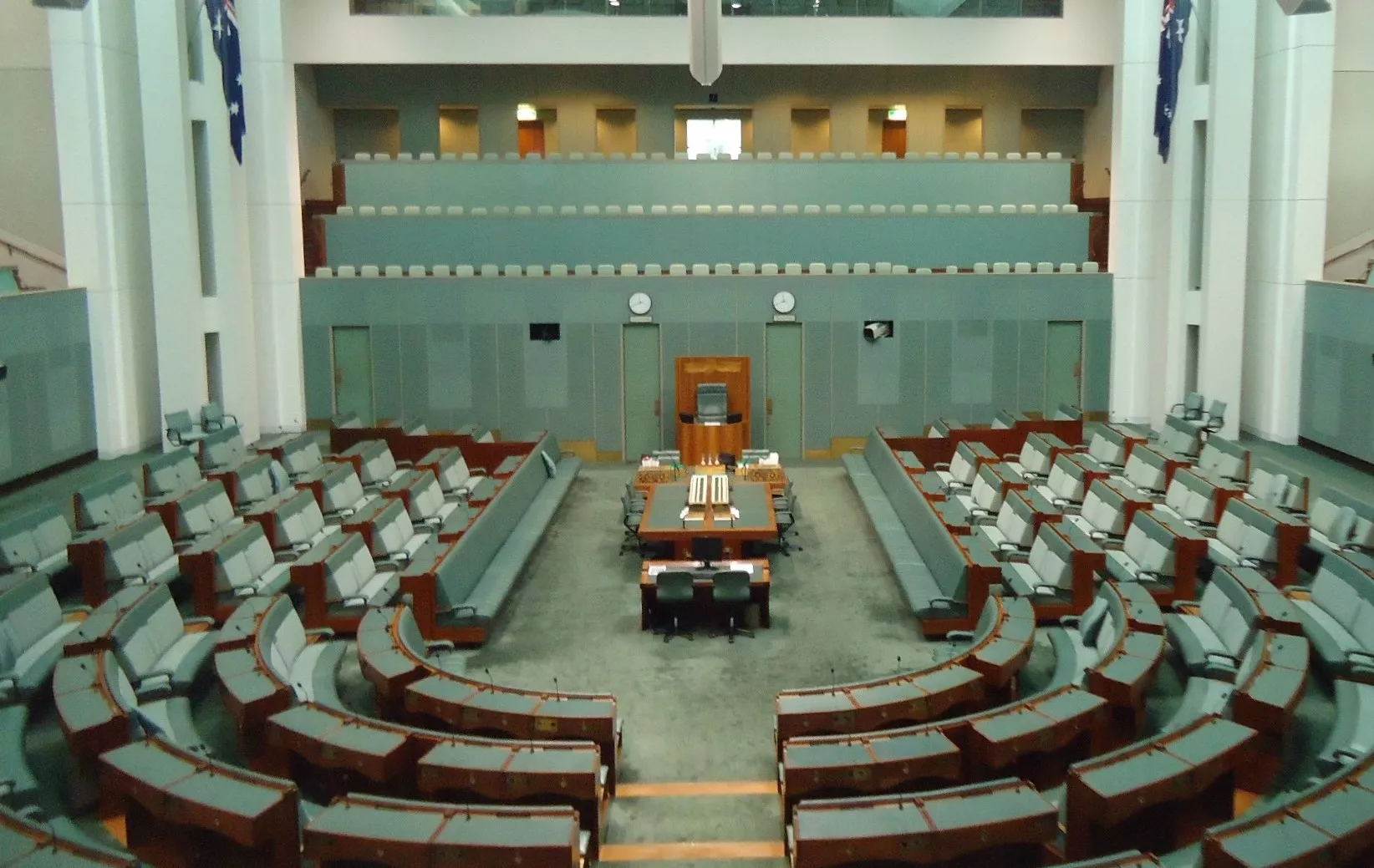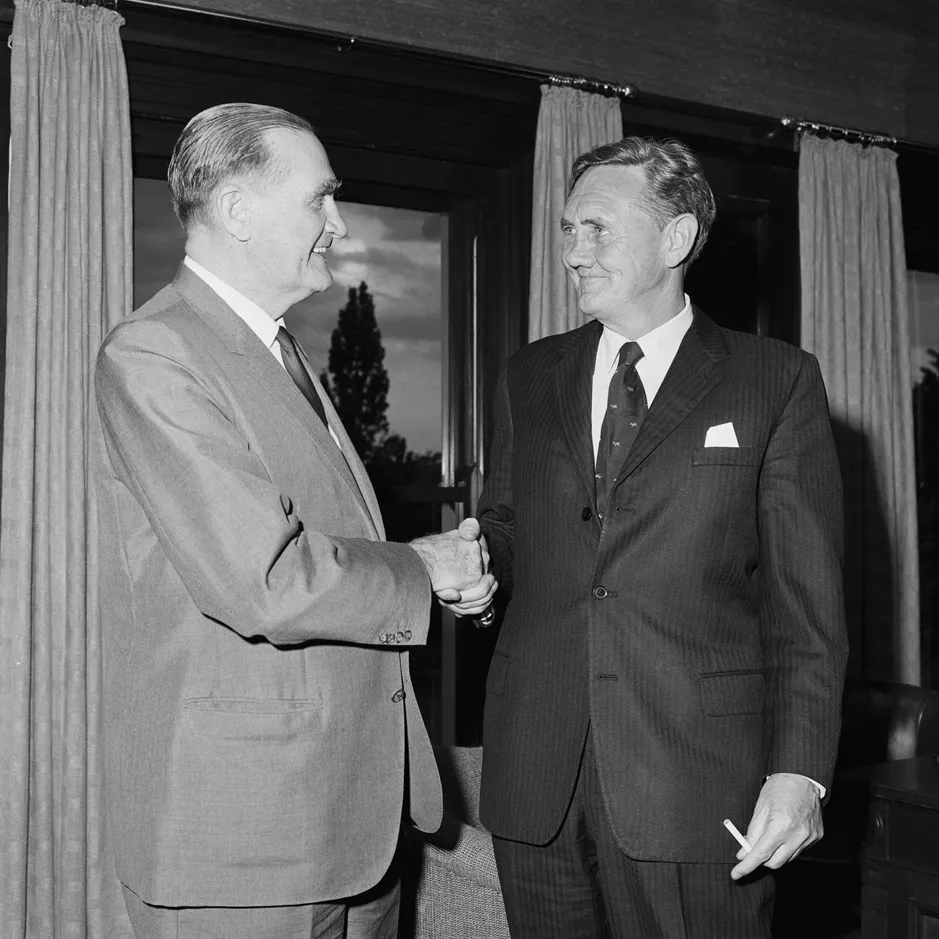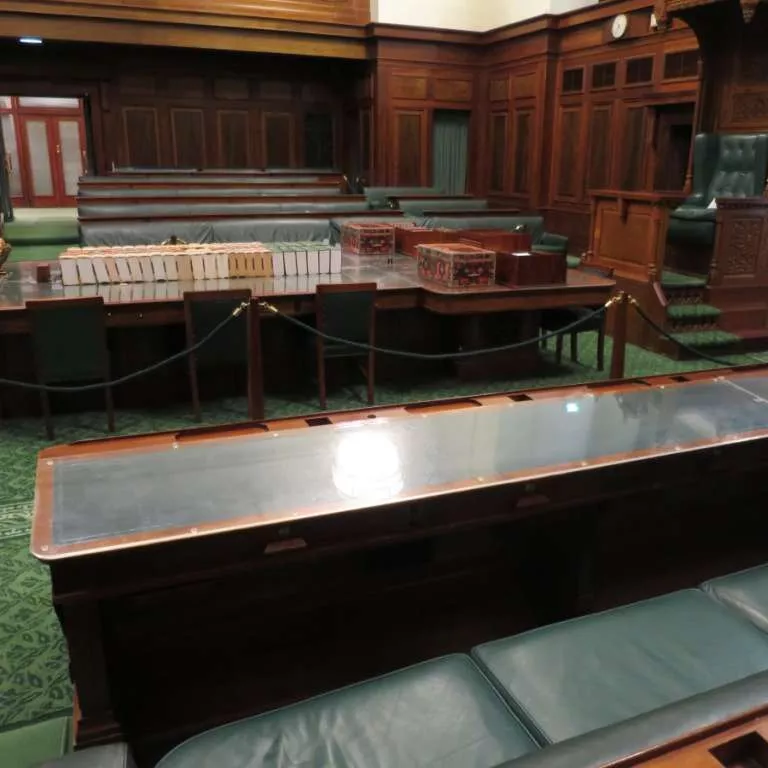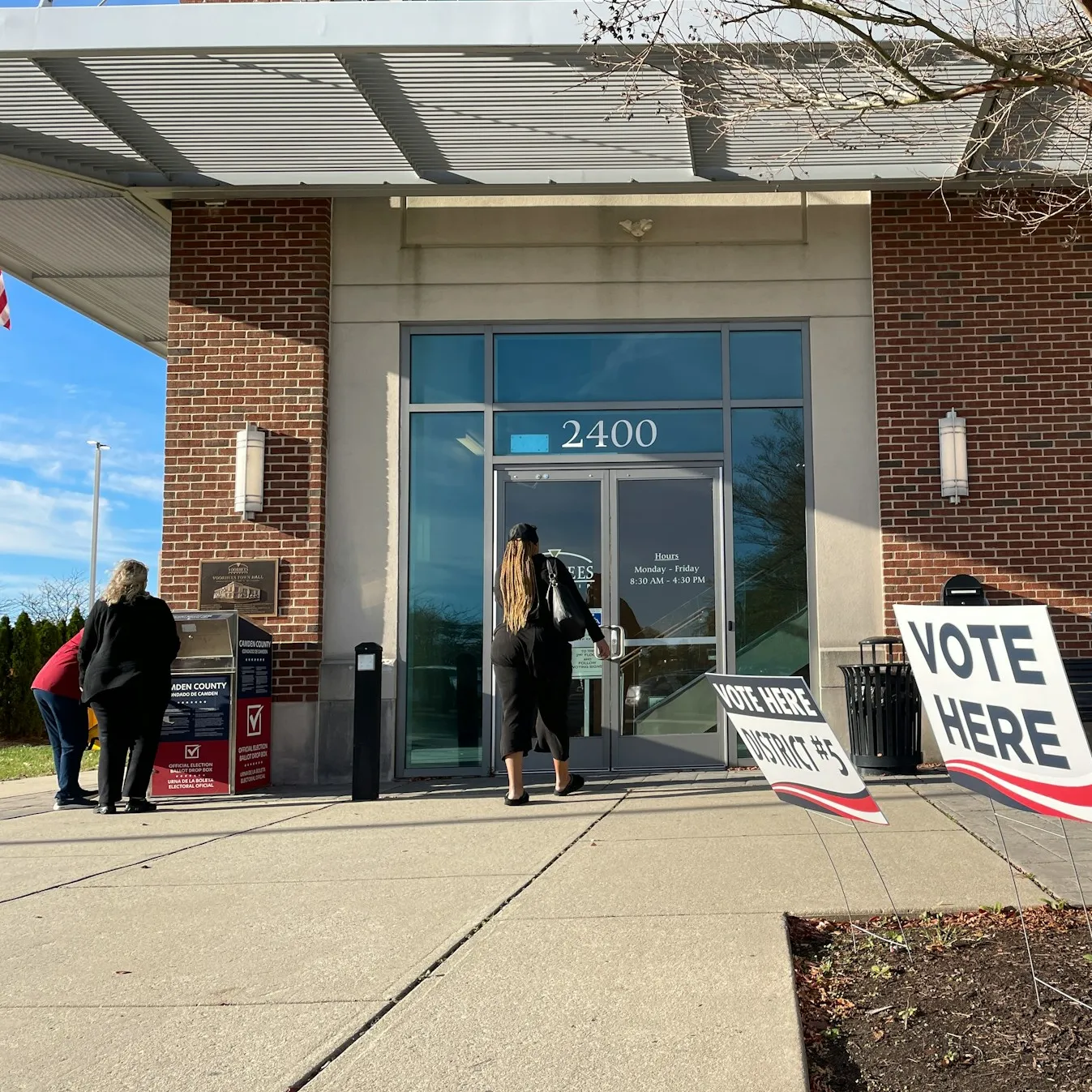The Commonwealth Heads of Government Meeting (CHOGM)
- DateFri, 27 Nov 2015
The 24th Commonwealth Heads of Government Meeting – or CHOGM – was held in Malta from 27 to 29 November 2015.
CHOGM meets every two years, each time in a different city, and brings together the 53 member states of the Commonwealth of Nations. Meetings have been held in 17 countries across five continents.
Australia has hosted three CHOGMs – in 1981 in Melbourne, in 2002 at Coolum Beach (Sunshine Coast) and in 2011 at Perth.
The Commonwealth governments represented at CHOGM are a very diverse lot in terms of constitutional structures, economic development, levels of democracy and authoritarianism, religions and languages. The Queen is head of the Commonwealth but the role is symbolic. Commonwealth nations account for more than two billion people.
The first CHOGM meeting was convened in 1971 in Singapore, when a declaration was endorsed committing Commonwealth nations to the promotion of world peace and support for the United Nations; individual liberty and egalitarianism; the eradication of poverty, ignorance, disease, and economic inequality; free trade; institutional co-operation; multilateralism and the rejection of international coercion.
The Singapore Declaration also pledged to assist in the elimination of discrimination based on differences of race, colour or creed.
Only two governments have withdrawn from the Commonwealth since 1971: the government of Zimbabwe headed by Robert Mugabe in 2003 and the government of Gambia in 2013. Gambia’s President asserted that the Commonwealth was a 'neo-colonialist' organisation, while Mugabe was angered by his suspension from the Commonwealth for human rights abuses and electoral fraud.
The claim that the Commonwealth and CHOGM represent neo-colonialism is difficult to sustain when it is borne in mind that the voluntary association emerged from the decolonisation process of the 1950s and 1960s. Former British colonies and dominions pushed for a more decentralised and inclusive organisation than the Commonwealth Prime Ministers’ Conferences which had preceded it after the Second World War. The majority – 32 in fact – are republics, and the largest single grouping is African governments with 18 member states.
In the post-colonial period, CHOGM is an historical era away from the Colonial Conferences of the late nineteenth century and the Imperial Conferences of the early twentieth century. A lot has happened since the 1930s when the Commonwealth was officially created by the Statue of Westminster (1931) which recognized the sovereignty of the British dominions and when the Commonwealth only consisted of the United Kingdom, Canada, Australia, New Zealand, South Africa, Ireland and Newfoundland. In recent times, countries that were never British colonies, such as Rwanda and Mozambique have successfully applied for membership.
Moral authority – and more
CHOGM has moral authority born of its voluntary nature and the values and principles to which its member states adhere but is more than just a summit for issuing declarations. In tackling real world problems it has shown itself to be an effective force for democratic progress.
CHOGM has opposed military coups and human rights abuses in member states such as Nigeria, Fiji, Zimbabwe and Pakistan. In 1995, Nigeria was suspended from membership. Suspension carries with it considerable shaming but also, as in Nigeria’s case, has practical consequences such as exclusion from Commonwealth events and cessation of technical assistance. Nigeria was readmitted to membership in 1999 following the end of military rule.
The struggle against apartheid in South Africa
CHOGM was a powerful voice in the struggle against apartheid in South Africa. The racist South African government had withdrawn from the Commonwealth in 1961.
At CHOGM’s 4th meeting, in Scotland in 1977, the member states unanimously agreed to support an international campaign against apartheid and issued the ‘Gleneagles Agreement’ declaring an end to sporting contacts with the regime. The regime’s morale was weakened as South Africa had a strong sports’ culture but the morale of the South African black majority was boosted.
In 1985 at its 8th meeting, in the Bahamas, CHOGM again tackled apartheid. The ‘Nassau Accord’ called on the government of South Africa to dismantle its apartheid policy. A Commonwealth Eminent Persons Group was appointed to investigate the South African issue. Former Australian Prime Minister Malcolm Fraser was the inaugural Chair of this Group and was allowed to meet with Nelson Mandela in prison in South Africa.
South Africa rejoined the Commonwealth in 1994 following the election of Mandela as President in the country’s first democratic ballot. The 16th CHOGM was held there, in Durban, in 1999.

